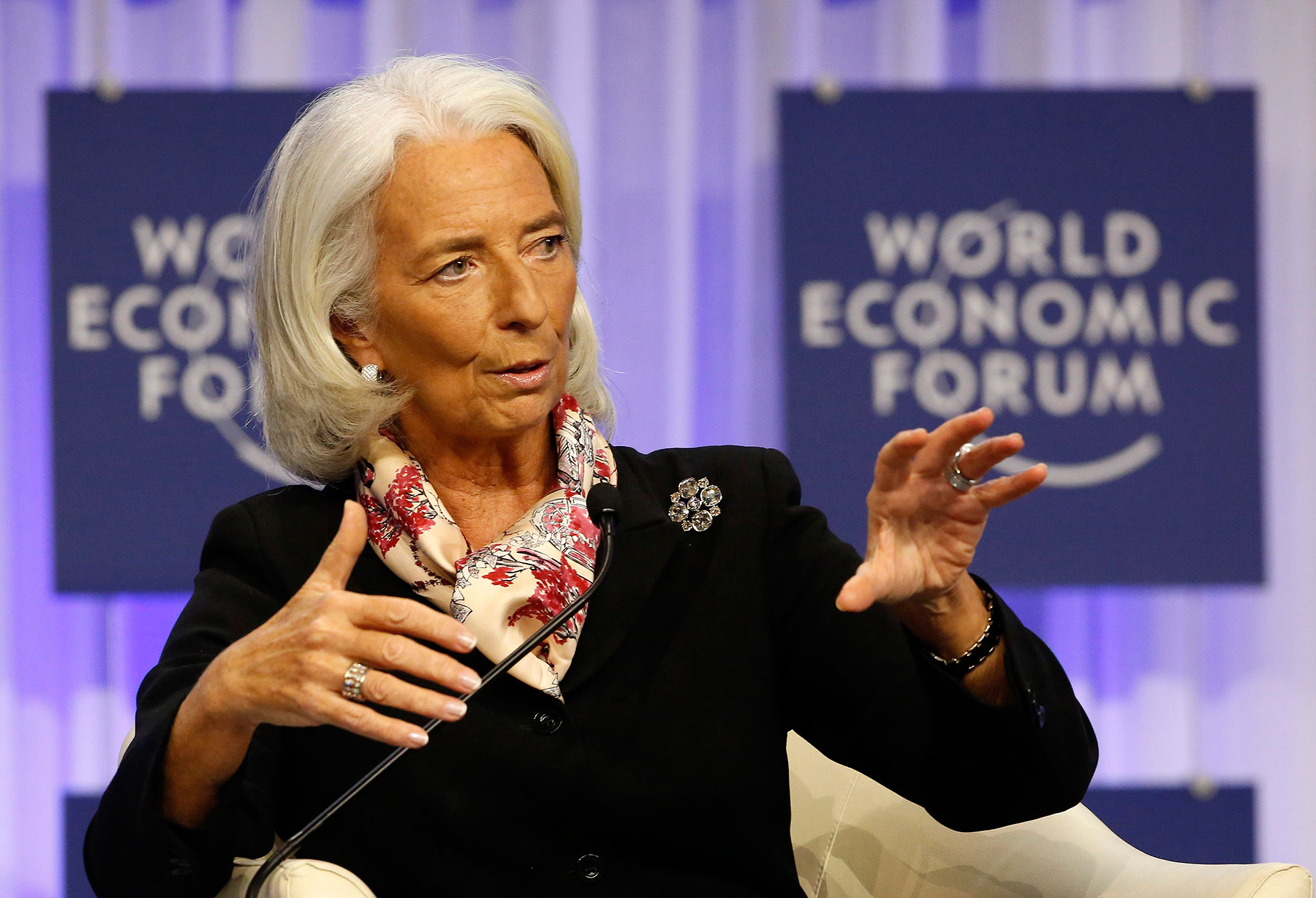
As an opportunity to highlight women’s contributions, International Women’s Day has always served to commemorate the cutting edge of the global women’s movement, from demanding better working conditions in US sweatshop factories of the early 1900s, to voting rights, pay equality and, more recently, promoting women’s leadership in politics and business. Recent years have featured women’s economic contributions, ranging from women producing nearly 90% of the food in Africa, to 7.8 million women-owned businesses in the U.S. with $1.2 trillion in total receipts. Yet qualified women are continually stymied in their efforts to contribute at the highest levels of economic and financial leadership, while global policies and companies forego the benefits.
The disappointing numbers of women participating at the World Economic Forum in January was one highly visible and public manifestation of the challenge: While we are well into the 21st century, many participants and observers at Davos this year expressed astonishment, and even outrage, at the abysmally low representation of women. In this era, there are many outstanding examples of women’s representation at the highest levels of political and corporate leadership, including Christine Lagarde, Janet Yellen, Mary Barra, Sheryl Sandberg, and Presidents Park Geun Hye, Dilma Rousseff, and Michelle Bachelet. Yet even after the absence of women had been duly noted at the 2013 Forum, women’s representation at Davos in 2014 actually dropped, from 17% to 16%. Likewise, despite numerous studies that show the financial and governance benefits of mixed gender boards, global corporate boardrooms remain male-dominated, with women accounting for less than 15% of public company corporate board positions.
For years, the explanation given for minimal board diversity has been a lack of qualified and experienced candidates. The solution offered was patience: Improvement was promised because of the rapidly growing number of women with middle and upper management experience. In fact, since the 1970s women’s graduation rates from the most prestigious universities around the world have climbed to equal those of their male counterparts. Since then, many have gained equivalent skills and experience in the private and public sectors.
At the Fletcher School of Law and Diplomacy, where we are affiliated, talented women have graduated since the 1960s, and made up about half of each class since the 1980s. Hailing from nearly every nation in the world, Fletcher’s alumnae include ambassadors, elected officials, corporate CEOs and CFO’s, military leaders, professors and leaders in nearly every sector. Many should have been at the World Economic Forum. So, too, many should be serving on corporate boards of directors, helping those companies to succeed in the twenty-first century.
Apart from the exceptions of Norway, Sweden, Finland and France, this amazing talent pool of women still makes up less than 17% of corporate boards everywhere else. This explains why even some who are strong advocates of free markets, like the IMF’s Largarde, are raising the “Q-word”: quotas. According to Catalyst, this is the eighth consecutive year with virtually no increase in women’s representation on corporate boards. Hence many are weary of the excuses and incessant debate. It is such impatience and frustration that are leading to pro-active measures, including government and stock exchange quotas and proposed directives.
Yet beyond the implied political dimension of quotas, it is simply in everyone’s best interest to find ways to expand women’s leadership. Our Fletcher community is focused on getting talented women onto corporate boards. The imperative is to make them visible, and to connect them with boards that recognize the business case but say that they are unable to find qualified candidates. Since launching our initiative, Fletcher Women on Boards, we have built a database of qualified alumnae and have reached out to scores of search firms.
Next year, the Fletcher School will identify alumnae to participate in the World Economic Forum – and we urge other prominent institutions to do the same with their star alumnae. Likewise, we are re-doubling our efforts to connect qualified women with boards of global companies that will benefit, along with their shareholders and customers, from the expertise and competence of our alumnae. We urge other enlightened universities and businesses around the world to react to the lack of progress and immediately implement a similar proactive approach to help fill the void of global women’s leadership.
While shared frustration at the lack of improvement is real and understandable, there is a real sense of urgency to correct this long-standing and destructive exclusion of women’s leadership. There are many qualified women ready to jump at the opportunity to lead, but they must be promoted and recognized; demand for their talent exists, but opportunities must be increased by eliminating the insider bias that keeps so many boards so homogeneous.
James Stavridis is the 12th Dean of the Fletcher School of Law and Diplomacy at Tufts University and a retired US Navy admiral. Marcia Greenberg is a former labor lawyer, co-Chair of Fletcher Women on Boards and a globally-recognized expert in gender mainstreaming.
More Must-Reads from TIME
- Donald Trump Is TIME's 2024 Person of the Year
- Why We Chose Trump as Person of the Year
- Is Intermittent Fasting Good or Bad for You?
- The 100 Must-Read Books of 2024
- The 20 Best Christmas TV Episodes
- Column: If Optimism Feels Ridiculous Now, Try Hope
- The Future of Climate Action Is Trade Policy
- Merle Bombardieri Is Helping People Make the Baby Decision
Write to Marcia Greenberg at Megreenberg@hotmail.com